The proposal to research a set of textbooks for common use nationwide, and gradually make them free for students, is receiving special attention from the public, managers and education experts. As someone who has directly participated in compiling textbooks and closely followed the implementation of the program over the past 5 years, Prof. Dr. Le Anh Vinh, Director of the Vietnam Institute of Educational Sciences, believes that a calmer view of this issue is needed.

Proposal to have a set of shared textbooks, gradually free for students
On the morning of August 13, the National Assembly Standing Committee gave opinions on the Draft Law amending and supplementing a number of articles of the Law on Education, one of the contents of interest being the issue of textbooks.
According to the draft, each subject can have one or several sets of textbooks. The State allows the socialization of textbook compilation; the Provincial People's Committee, through the head of the specialized agency, decides to select a set of books for stable use in local general education institutions.
This content is consistent with the provisions of Resolution 88 of 2014 of the National Assembly on innovation of general education programs and textbooks. The resolution finalizes the policy of one program, many sets of books and socialization of textbook compilation, eliminating the monopoly on publishing. To proactively implement the new general education program, the Ministry of Education and Training organizes the compilation of a set with a budget of 16 million USD from a loan from the World Bank.
However, for many reasons, the Ministry of Education and Training could not do this. The National Assembly then agreed that if each subject had at least one set of textbooks that had been appraised and approved, the budget would no longer be used to compile textbooks for that subject. From 2020, the roadmap for replacing new textbooks began to be implemented, with three sets of textbooks for each grade level for schools to choose from.
Vice Chairman of the National Assembly Nguyen Khac Dinh said that, in the spirit of the National Assembly Resolution and Resolution 29 of the Central Committee, there must be a common set of textbooks of the State compiled by the Ministry of Education and Training. Therefore, he suggested that the Ministry of Education and Training institutionalize this content into the law to ensure strictness.
Vice Chairman of the National Assembly Nguyen Khac Dinh emphasized: "Every country has a set of state textbooks."
Giving further comments on the above content, Chairman of the Committee for Culture and Society Nguyen Dac Vinh requested the Ministry of Education and Training to study the policy of free textbooks for students.
Number of books should not be a measure of innovation
Professor Dr. Le Anh Vinh, Director of the Vietnam Institute of Educational Sciences, said that there have been many strong objections, arguing that the policy of "ensuring the provision of a unified set of textbooks nationwide" goes against the spirit of "one program - many sets of books" and will destroy the autonomy and creativity of teachers.
As someone who has directly participated in compiling textbooks and closely followed the implementation of the program over the past 5 years, Mr. Vinh believes that a calmer view of this issue is needed.
Mr. Vinh said that Resolution 88/2014/QH13 clearly stated the encouragement of organizations and individuals to compile textbooks. At the same time, the Resolution also assigned the Ministry of Education and Training to compile a set of textbooks to proactively implement the new program, and this set of textbooks will be assessed and approved fairly like other sets of textbooks.
According to him, the policy of “ensuring the provision of a unified set of books nationwide” is a suitable action. Its goal is to ensure that all regions, especially disadvantaged areas, can implement the new program smoothly, without being hindered by factors such as book prices, supply or access to learning materials.
The door is always open for organizations and individuals to compile better and more suitable books for use.
However, Professor Vinh also expressed concern that if there is no book series that is clearly better, the existence of many “equally good” and interchangeable book series will only disperse resources and make the implementation process difficult, while the added value is insignificant. “Who can be sure that we are not falling into this situation?”, Professor Vinh asked.
Regarding the concern that choosing one of the three current textbooks for unified use will take away the "autonomy" or "creativity" of teachers, Professor Vinh said that will not happen.
In fact, all three sets of textbooks are of good quality, and teachers can teach well using any set. “A teacher’s creativity and autonomy do not depend on the number of sets of textbooks, but on their pedagogical capacity and ability to organize teaching: turning content into appropriate experiences, connecting with students’ lives, and inspiring interest in learning. A good set of textbooks is just a tool; teaching effectiveness still depends on the skills and initiative of the teacher,” emphasized Professor Vinh.
Professor Vinh shared that if he had to build a new book series and he did not have the opportunity to participate in writing, he completely believed that the selected group of authors, with their practical experience over the past 5 years, could still do better than what he and the previous editorial groups had done.
“In fact, the number of textbooks should not be a measure of innovation; the decisive factor is that every region has the best textbooks for smooth implementation, while teachers are supported to turn books into vivid and effective lessons,” Professor Le Anh Vinh shared.
Source: https://khoahocdoisong.vn/gs-le-anh-vinh-can-nhin-nhan-binh-tinh-hon-ve-chu-truong-mot-bo-sgk-chung-post2149046192.html







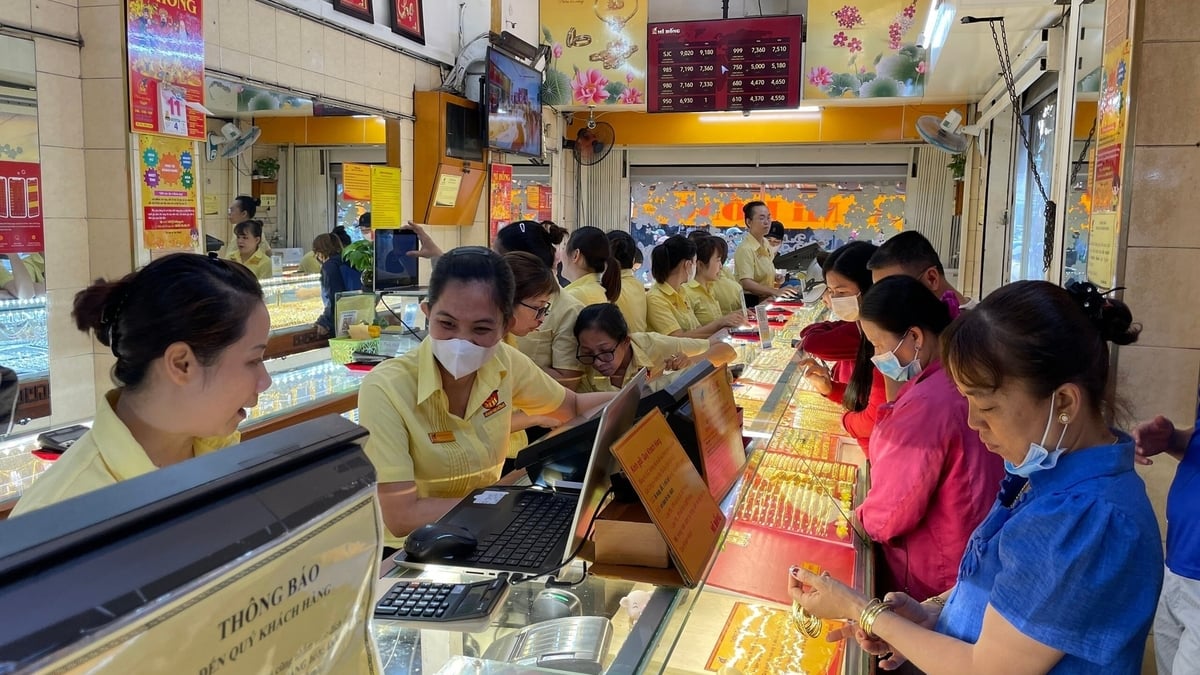
















![[Photo] “Moving forward with Vietnam” on the most romantic road in Vietnam](https://vphoto.vietnam.vn/thumb/1200x675/vietnam/resource/IMAGE/2025/8/16/0ee500bc59fd4468863261ee26f47fe7)
![[Photo] General Secretary attends the inauguration ceremony of the Ministry of Public Security Headquarters](https://vphoto.vietnam.vn/thumb/1200x675/vietnam/resource/IMAGE/2025/8/16/3ceec3a24ef945c18ae2b523563b749d)



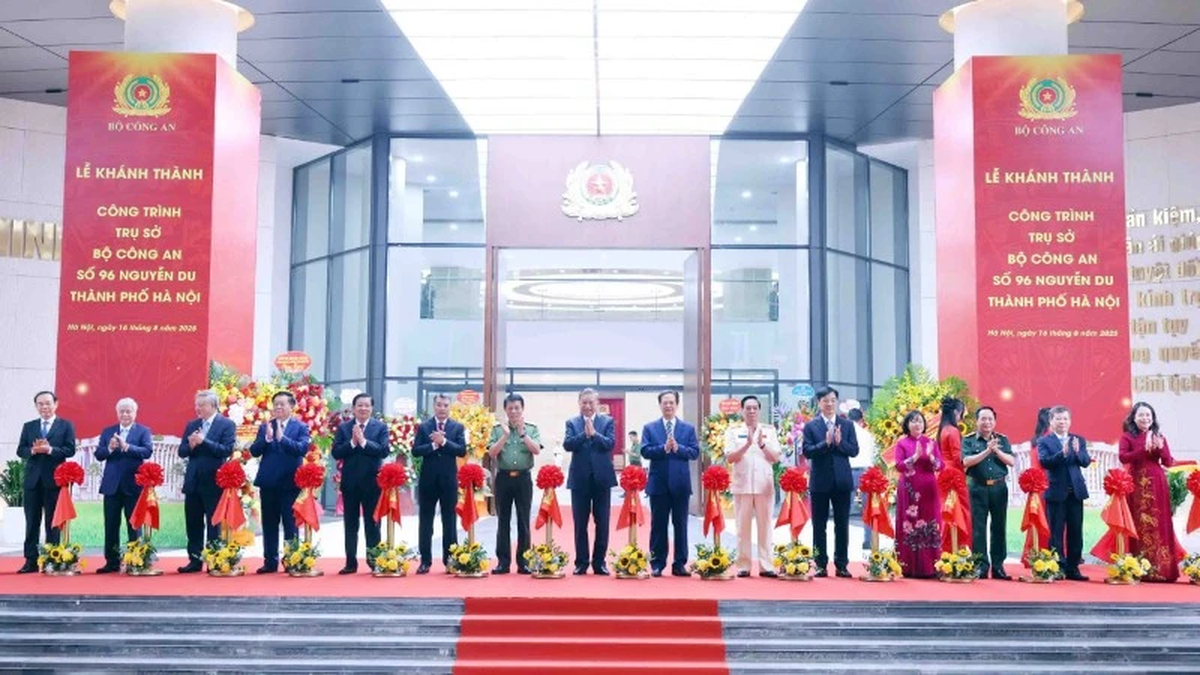

![[Photo] National Assembly Chairman Tran Thanh Man attends the program "Returning to the source - Towards the future"](https://vphoto.vietnam.vn/thumb/1200x675/vietnam/resource/IMAGE/2025/8/16/d081d9c162ee4ed9919e723aa322a53a)


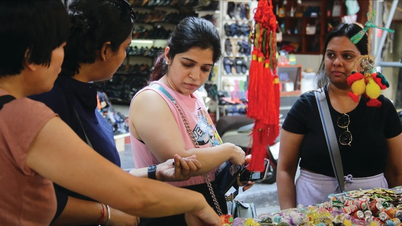










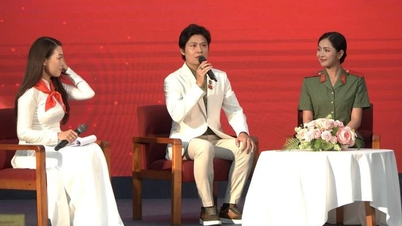

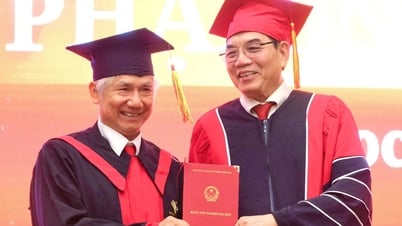

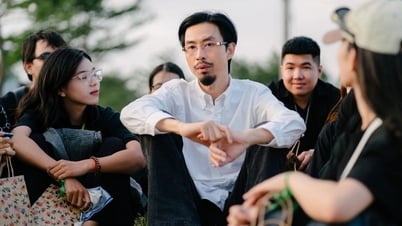
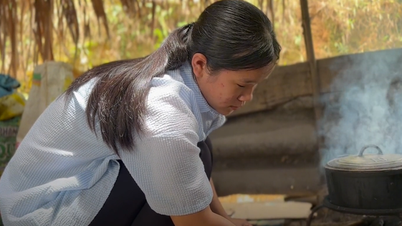



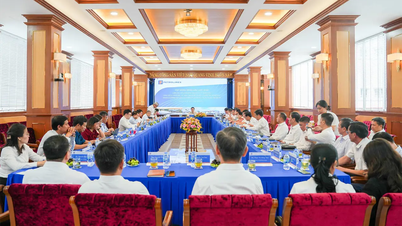

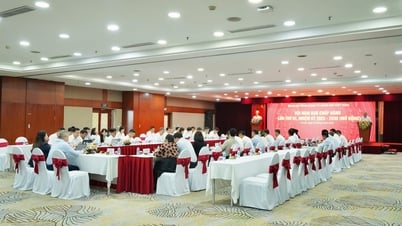









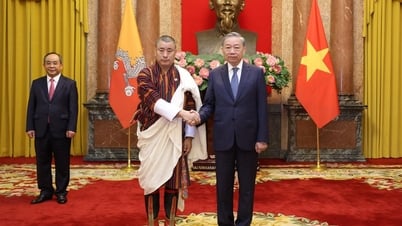
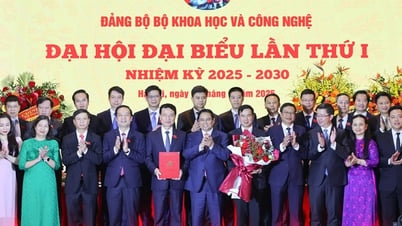

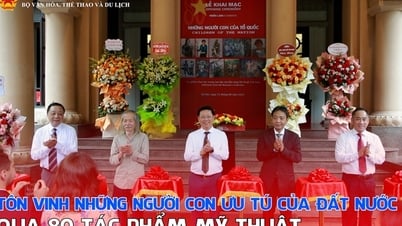

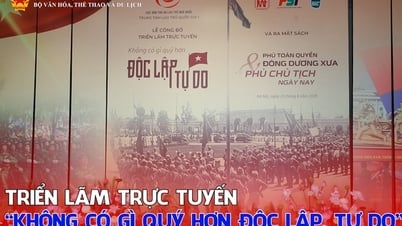
























Comment (0)